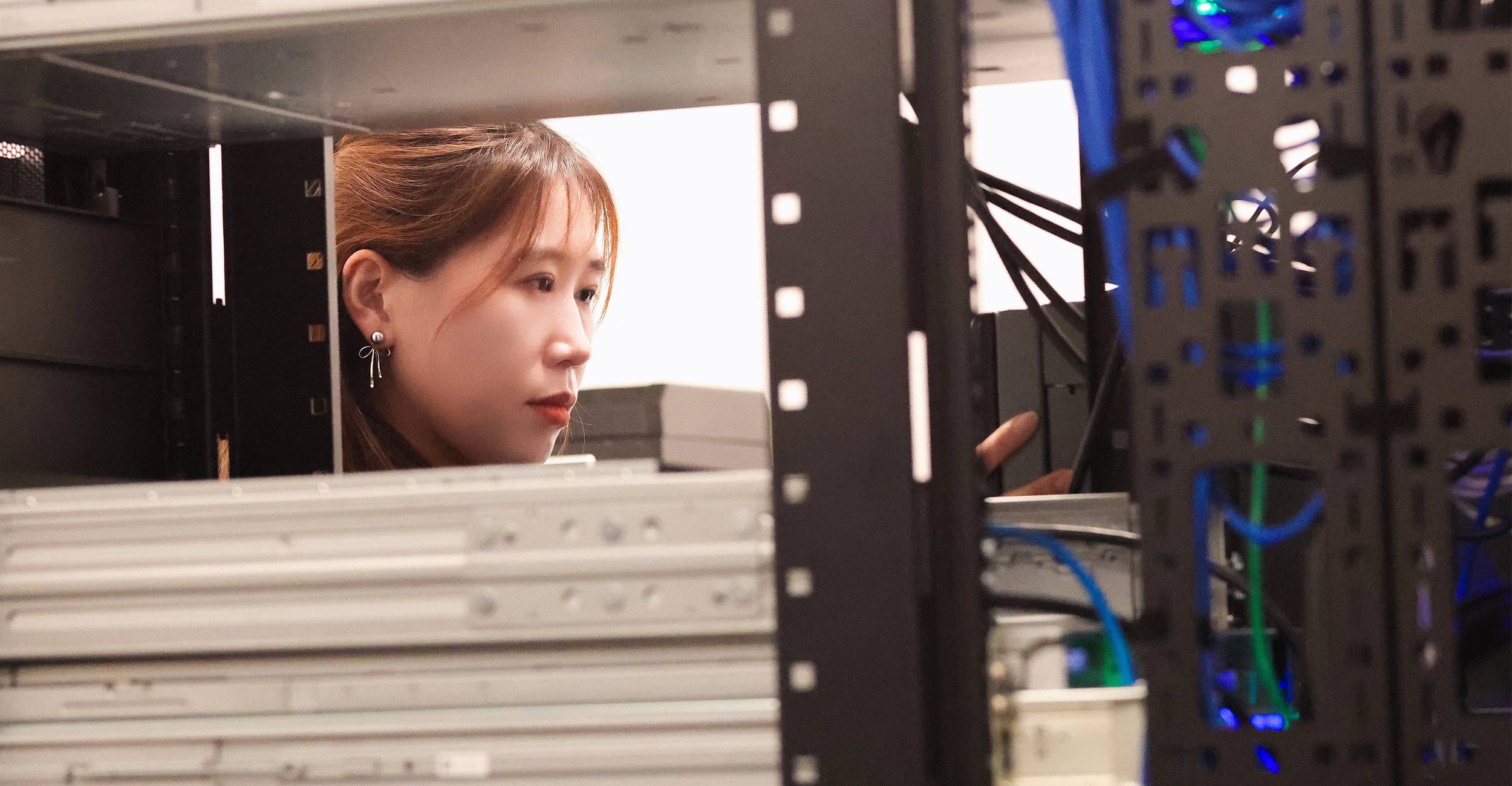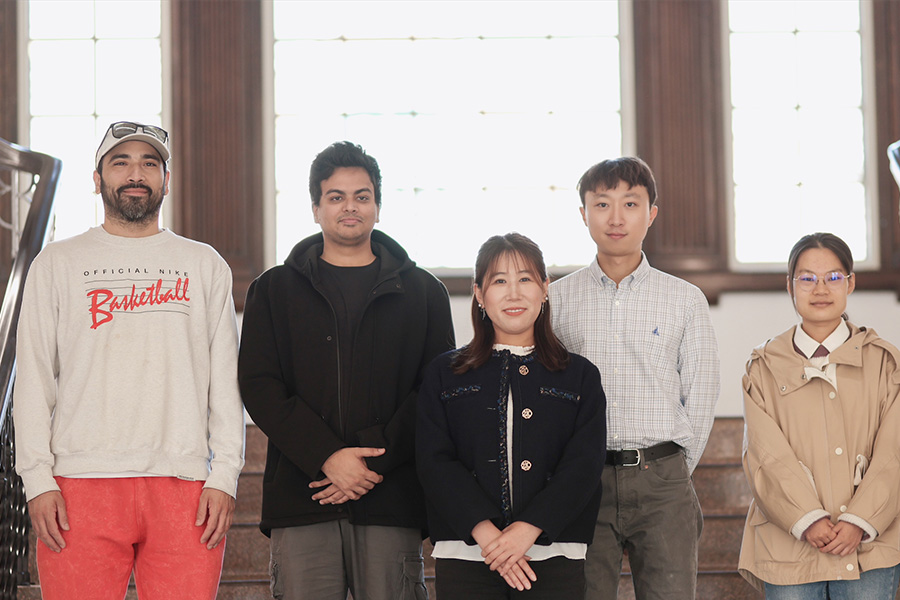
From vision to voltage: ECE researcher leads trustworthy AI-driven energy revolution
Thursday, August 21, 2025
Media Contact: Tanner Holubar | Communications Specialist | 405-744-2065 | tanner.holubar@okstate.edu
Oklahoma State University’s Hamm Institute for American Energy empowers researchers to push the boundaries of possibility in the energy sector. By focusing its innovation on this sector, OSU is a leader in ensuring one of the most important areas of infrastructure is equipped for the future.
Researchers in the College of Engineering, Architecture and Technology’s School of Electrical and Computer Engineering, led by Jack H. Graham Endowed Fellow of Engineering and Assistant Professor Dr. Ying Zhang, are involved in a three-year project through the Hamm Institute to help the energy sector meet its security needs for future energy networks.
Their mission is to transform how tomorrow’s energy grids operate, making them more intelligent, adaptive and secure. And they are not just imagining it — they are building it. This project, “Trustworthy AI for Distributed Energy System Operation toward Grid Security and Edge Intelligence,” tackles one of the energy sector’s biggest challenges: how to keep a grid safe and reliable when it’s powered by millions of distributed devices like solar panels, electric vehicles and smart meters.
“I want to design a grid that thinks and reacts instantly, right where the action is — at the edge,” Zhang said. “Because in the real world, seconds can make the difference between a smooth recovery and a blackout, and the latter starts from sudden voltage collapses.”
Instead of relying on a faraway central control room, Zhang’s AI will empower these “edge” devices to make secure, local decisions in real time — optimizing resources, self-healing after electricity disruptions and standing strong against natural disasters and cyberattacks.

Her approach integrates graph theory, statistical optimization and cutting-edge machine learning with historical grid measurements and verified operating records, taking into account some low-quality measurement data. The goal? AI systems that are not only smart but also trustworthy — because in the energy world, trust is non-negotiable.
This isn’t Zhang’s first high-voltage challenge. Her previous research unlocked new ways to optimize grid operation and control. Now, she’s raising the stakes, aiming for a future where power systems are as resilient as they are efficient, able to handle everything from extreme weather to cyber threats.
“The energy grid is the beating heart of modern life,” Zhang said. “If we make it smarter, safer and stronger, we protect not just technology — but people’s lives.”
With the Hamm Institute’s support, Zhang’s work could redefine what’s possible in energy security. And if she has her way, the grid of the future will be more than just reliable — it will be intelligent, self-defending and ready for power outages.
For more information on Dr. Zhang’s and her students’ work, click here.
